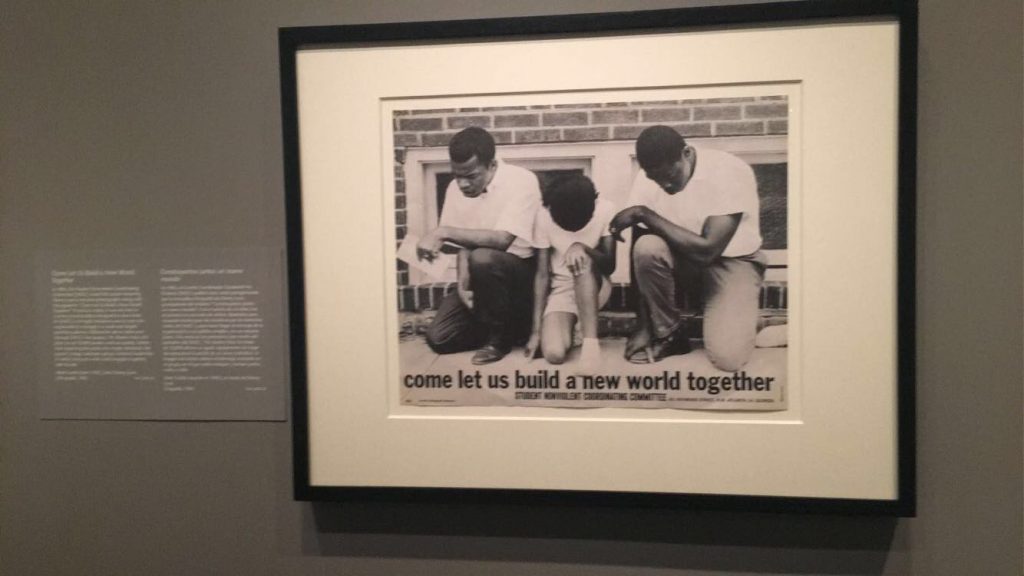
What I found interesting in Fanon’s “The Negro and Language” was his perspective on black men from the Antilles assimilating into French culture and how the full abandonment in pursuit of true French citizenship is reflected in the man’s approach to the French language. In one passage, he states that “In any group of young men in the Antilles, the one who expresses himself well, who has mastered the language, is inordinately feared; keep an eye on that one, he is almost white. In France one says, “He talks like a book.” In Martinique, “He talks like a white man.” The African who wants to assimilate is suspended between two identities; his native home rejects him not because he has educated himself, but because he “talks like a white man”. Yet, he can’t assimilate completely as a French man because he “talks like a book”, a euphemism that dehumanizes him and denies him an identity completely. As a result, he enjoys the privilege of engaging in a new culture, but loses his old one in doing so. This idea ties in with Maalouf’s personal conflict of identity as well, where the people around him force him to choose one identity, French or Lebanese. Maalouf says that having two identities could be “a fertile and enriching experience”, but most of the time it is “traumatizing” because of each culture’s emphasis on loyalty to only one group. Therefore, identity is a double-edged sword, because of the standards of purity that comes along with every group.
Fanon, Morrison, and Spivak
In terms of identity for marginalized groups, what is important to address and not to address? How do we talk about the advancement of marginalized groups without minimizing the past treatment of said groups? Where is the line in including race or gender as part of identity?
